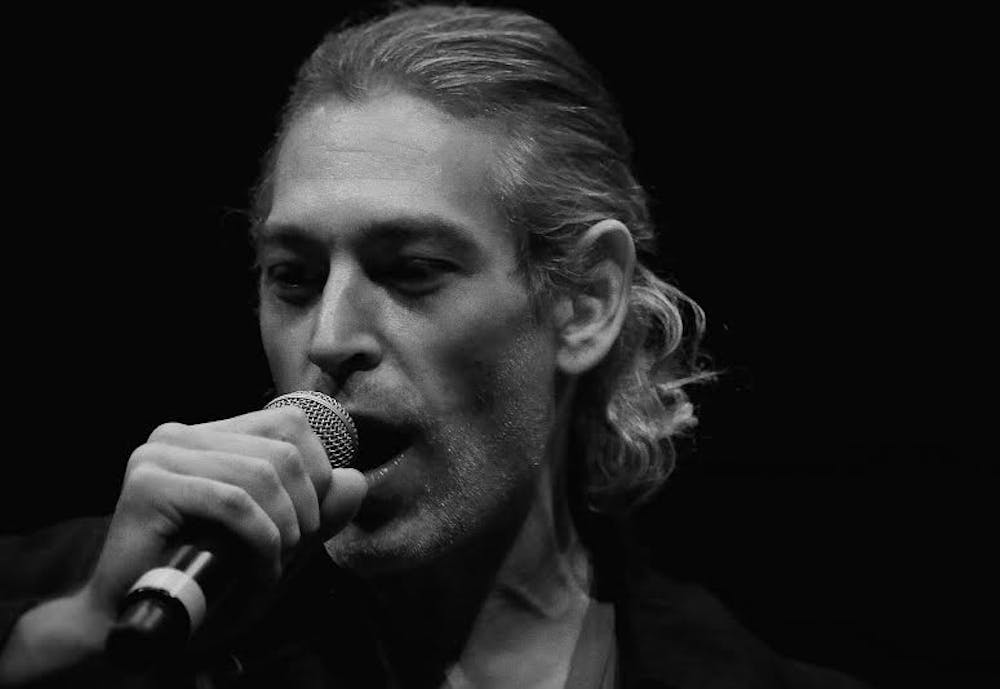Matisyahu has a monopoly over the Hasidic, beat-boxing, reggae vocalist brand. Initially, the novelty of seeing a man with pe’ot and skullcap beatbox surprised listeners into existence for Matisyahu. His experience evoked Chaim Potok’s “My Name is Asher Lev” or the ’60s phenomenon of the Medical Mission Sisters to a 21st century audience. In 2011, however, he startled his audience by shaving the pe’ot and losing the skullcap. Though this rebranded his career, it certainly didn’t end it. In his most recent phase, Matisyahu is touring college campuses across the country and will visit the Paramount Theater this Saturday.
The tour has great meaning to Matisyahu. After his Zionist sentiments induced vitriol from protesters at the Rototom Sunsplash Festival in Spain last summer, Matis is coming to college campuses with Arab-American Nadim Azzam to set the record straight about what his music actually means. Matis does not want his music to divide people — rather he thinks music is an opportunity for unity.
“Music is something which relates to humanity beyond and above race, religion, space, time. It’s a very holy thing — it cuts right to the core,” Matis said.
He attributed this understanding of diversity to his experience in Crown Heights, where his early music mixed elements of Hasidic, African American and West Indian traditions.
“When I came out, it was like, ‘Wait, hold on a second, here’s this Hasidic Jew who not only respects and understands our culture, but he is actually able to [perform] it!’” Matis said.
His defiance of expectations signifies music’s ability to break down cultural barriers, he said.
“A certain musical art form is born out of a culture and a place, but once it expands and goes out into the world, it resonates in the soul of any human being wherever they are in the world,” Matis said.
Matisyahu indicated his early music more broadly mixed very specific Hasidic theology and reggae music, and he has gone on to delve deeper into his influences and plot truly uncharted musical territory.
“My very first record, a roots reggae record, was very black and white — a Hasidic man making roots reggae music,” he said.
Matis said he sees the baring of his head, revealing his gray hair, as a symbol for the new direction of his music. His music is more ambitious, exploring what he termed a “musical gray area.” This was all inspired by his reading of the works of 18th-century Rabbi Nachman of Breslov and the notion of the Makum Ponay defined by Matisyahu as “going into the vacated space.”
This search for Makum Ponay is deeply felt in Matis’ recent music.
“I’m all about blending textures, dynamics and improvisation in the sense of not being afraid to delve into the unknown as opposed to trying to recreate what you already know,” he said.
The goal of “delving into the unknown” does not give a very clear picture of what can be expected for Saturday’s show. If Matis’ career is any indication, very little can be anticipated. Matis admits the show has no setlist — his primary preparation will be to “let go of all preconceived notions of what the show is going to be for that night.” An intimate performance expressing Matis’ honest and evolving understanding of religion and music is the most reasonable expectation. Beyond this, Matis hopes to “let each night be its own thing!”





